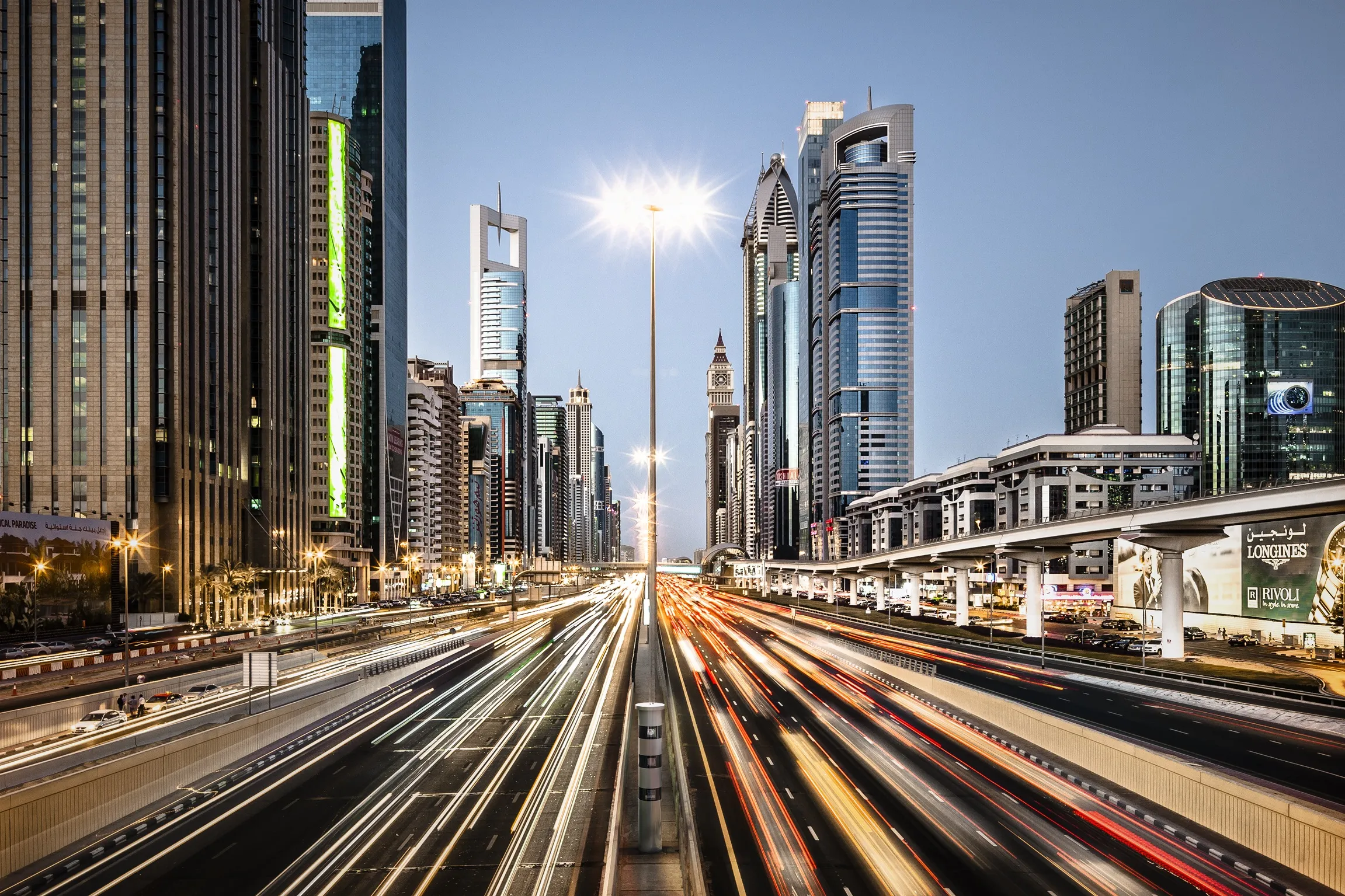
Vitronic Middle East says it will install over 2,000 "cutting-edge traffic enforcement systems in high-risk areas" over the next few months.
Although no details are given, this is part of the company signing contracts worth €
"Traffic management and enforcement systems provide benefits that extend beyond the daily lives of individuals," Vitronic says in a statement.
"These systems have positive effects on the country, ultimately enhancing the standard of living for its inhabitants. Road accidents have multiple implications for a country's GDP. By reducing the occurrence of accidents, significant savings can be achieved in terms of medical emergency care expenses and deployments of police and other professionals."
Monitoring and enforcement are vital to achieve road safety, it says.
“Witnessing firsthand how technology continually enhances our safety on our roads serves as the driving force behind our daily business operations," says Youssef El Hansali, CEO, Vitronic Machine Vision Middle East.









